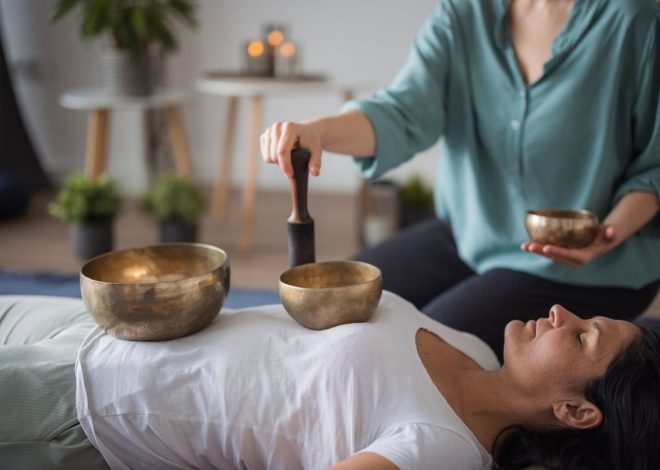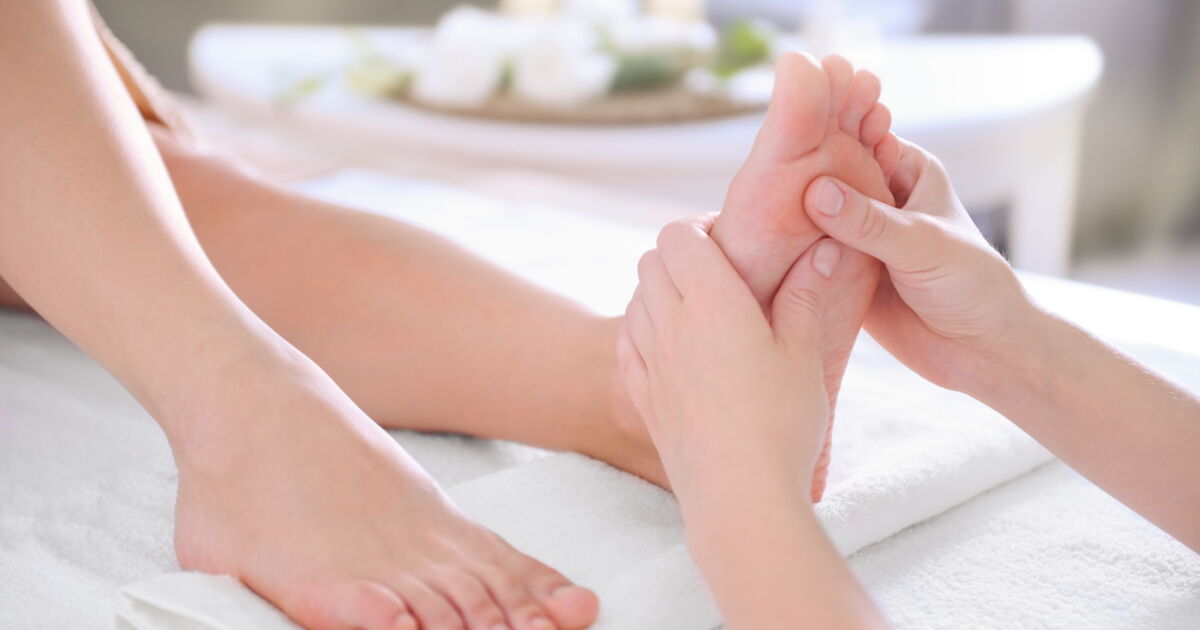
Urinary infection: pain, itching, burning… what to do?
UTI can affect the kidneys, urethra, bladder, prostate and ureters. This disease causes pain and burning sensations when urinating and can be accompanied by abdominal pain and fever. While this disease can affect both women and men, women are more prone to it because their urethra is shorter…thus making it easier for bacteria to enter the bladder.
Cystitis, urethritis, pyelonephritis… understand the urinary infection
Most often, urinary infections are bladder infections, also called cystitis. But, in reality, there are 3 types of urinary infections:
- There cystitis …is the most common urinary infection. It is an inflammation of the bladder linked to the proliferation of various bacteria – and in 90% of cases to the Escherichia Coli bacteria -. The latter, present at the level of the anus, go up through the urethra and arrive in the bladder. This disease mainly affects women but some men can also be affected.
- L’urethritis … is an inflammation that only affects the urethra. When you have cystitis you also have urethritis, but the opposite is not necessarily true. Urethritis is usually caused by a sexually transmitted infection (STI) such as chlamydia, gonorrhea (also called “piss”), or trichomoniasis.
- There pyelonephritis …is an inflammation of the kidney. More serious, poorly treated cystitis can be the cause: the bacteria then travel from the bladder to the kidneys. It is more common in women than in men.
- There prostatitis …is an inflammation of the prostate.
It is also necessary to distinguish the interstitial cystitisa inflammation rather rare chronic bladder condition. It goes hand in hand with intense pain in the lower abdomen and the frequent need to urinate, day and night… and is debilitating on a daily basis. It mainly concerns young women (aged 30 to 40).
What are the causes of urinary infections?
Whether it is cystitis, urethritis or pyelonephritis, they all result from a bacterial infection. In most cases, a lack of hygiene in the anus area can encourage the rise of bacteria along the urethra.
- In womenwe do not really know the precise cause of such a bacterial infection, but several contributing factors have been identified: poor hydration, the fact of wiping from the back to the front after urination, the fact of do not urinate just after sexual intercourse (while this reflex promotes the evacuation of germs), constipation, etc.
- At men’sthe occurrence of a urinary infection is often linked to a health problem with the prostate (inflammation, benign hypertrophy, etc.).
Urinary infection: what are the symptoms?
Sometimes UTI does not cause any symptoms, especially in older people. And in most cases, there are no complications. Often benign, urinary infection is no less unpleasant. And for good reason, the symptoms are numerous. The symptoms of cystitis and urethritis are similar:
- burning and/or pain when urinating,
- need to urinate frequently without being able to pass a lot of urine,
- feeling of weight or heaviness in the lower abdomen,
- urgent urge to urinate and feeling of not being able to hold it in,
- cloudy urine, giving off an unusual odor,
- urine possibly containing traces of blood.
On the other hand, if the infection rises again, it can reach the kidney. In addition to symptoms common to cystitis and urethritis, pyelonephritis causes fever, chills and lower back pain. Such symptoms should alert you because they can be indicative of pyelonephritis (inflammation of the kidney).
In the event of a complication, the urinary infection could have serious consequences on health. It can thus be the origin of a sepsis (if the germs pass into the bloodstream),a kidney abscess, terminal renal failure. These complications are all the more serious if the patient is fragile (diabetes, immune deficiency, advanced age, etc.).
To receive treatment as quickly as possible, you must consult a health professional so that he or she can prescribe the appropriate treatment (sold by prescription). And as soon as you have a fever, it is imperative to consult a health professional. However, certain good reflexes and natural remedies help to better tolerate the infection:
- 1/ To drink a lot of water
For what ? Because the simplest solution is toflush bacteria from the bladder by urinating. In addition, drinking water dilutes urine; when it is less concentrated, the burning sensations are reduced.
- 2/ Monitor his temperature.
If it is normal, it is probably cystitis. If it is high it may be because the kidney is affected and you absolutely must consult a doctor. And even in the case of ‘simple’ cystitis, it is better to consult the doctor: he can order a urine analysis and prescribe an antibiotic treatment to relieve the pain.
- 3/ Focus on alternative medicines.
What if the remedies were to be sought from nature? Although natural solutions cannot completely cure urinary infection, they offer non-invasive alternatives that can relieve the symptoms:
- The juice of cranberry would treat and prevent cystitis. Myth or reality ? If we attribute these benefits to cranberries it is because it contains fructose and proanthocyanidins, which prevent bacteria from settling. And its effectiveness has been recognized by the National Agency for the Safety of Medicines and Health Products (ANSM).
- L’echinacea is a plant which is believed to have an immunostimulating action. In fact, it could help relieve and prevent urinary infections by strengthening the immune system. But again, no scientific evidence validates the theory.
- Green anise, and more precisely the anethole it contains, is said to have antibacterial properties useful in the case of urinary tract infections. Again there is no scientific proof of the effectiveness of this ingredient.
- Grandma’s remedy, clayapplied as a poultice on the stomach would calm the pain.
- 4/ Think about probiotics
By helping to restore the vaginal flora, probiotics will improve well-being in the damaged intimate area.
Read also
- Alternative medicine: flowers to calm cystitis
- Urinary incontinence, everyone concerned?

Ethel Purdy – Medical Blogger & Pharmacist
Bridging the world of wellness and science, Ethel Purdy is a professional voice in healthcare with a passion for sharing knowledge. At 36, she stands at the confluence of medical expertise and the written word, holding a pharmacy degree acquired under the rigorous education systems of Germany and Estonia.
Her pursuit of medicine was fueled by a desire to understand the intricacies of human health and to contribute to the community’s understanding of it. Transitioning seamlessly into the realm of blogging, Ethel has found a platform to demystify complex medical concepts for the everyday reader.
Ethel’s commitment to the world of medicine extends beyond her professional life into a personal commitment to health and wellness. Her hobbies reflect this dedication, often involving research on the latest medical advances, participating in wellness communities, and exploring the vast and varied dimensions of health.
Join Ethel as she distills her pharmaceutical knowledge into accessible wisdom, fostering an environment where science meets lifestyle and everyone is invited to learn. Whether you’re looking for insights into the latest health trends or trustworthy medical advice, Ethel’s blog is your gateway to the nexus of healthcare and daily living.


